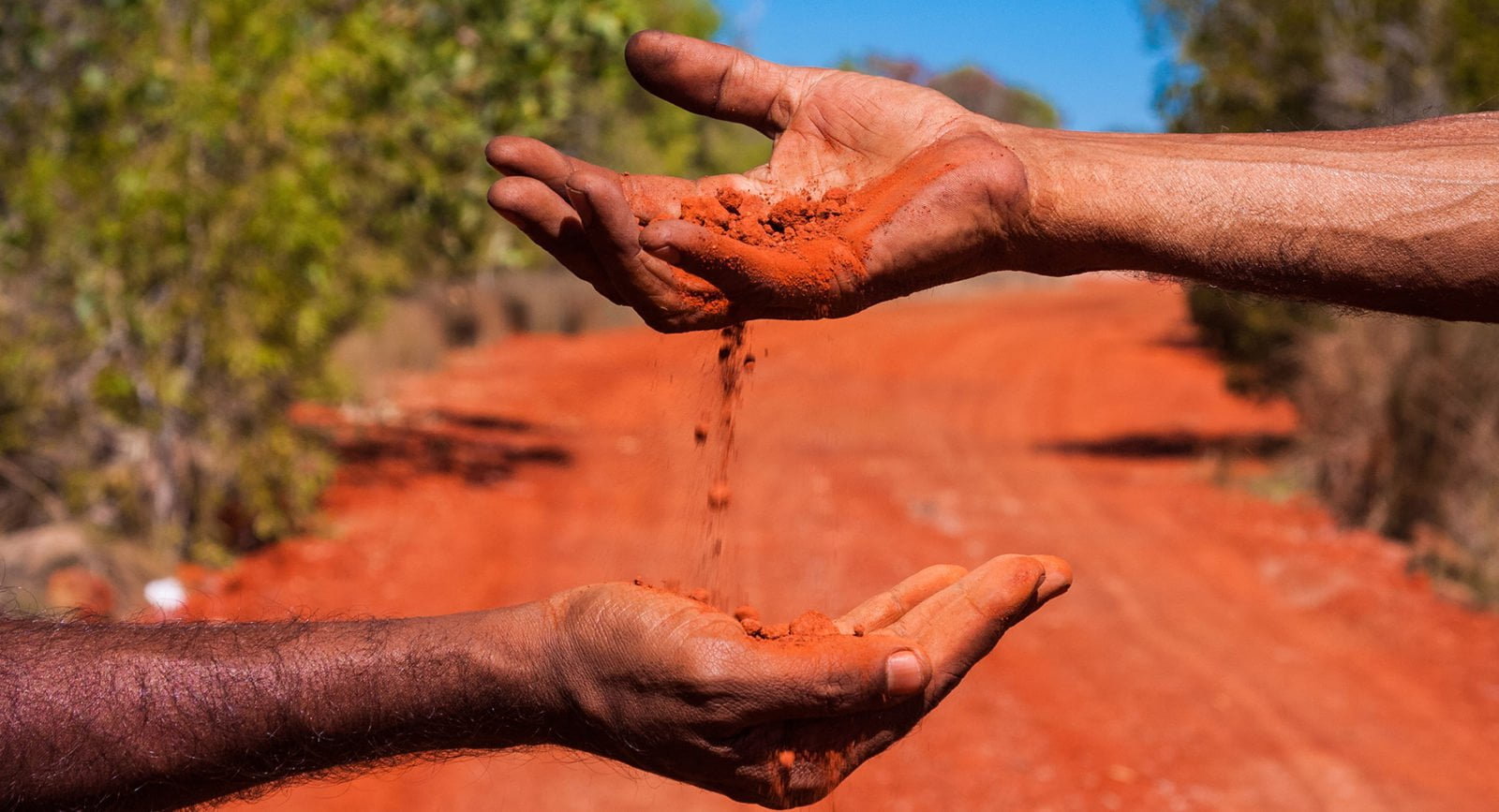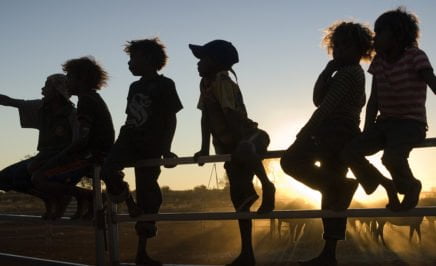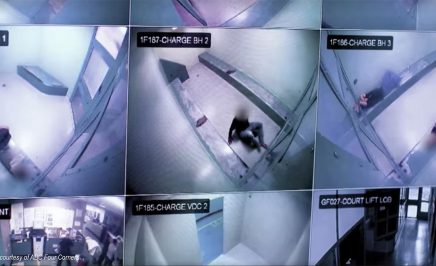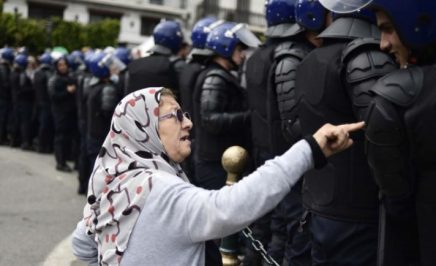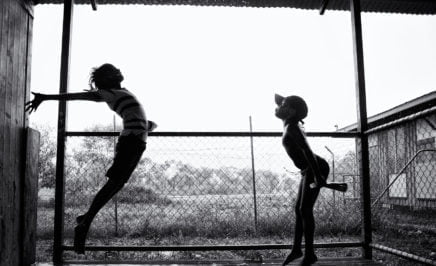Queensland has passed two Bills that will better protect children’s rights and help keep children out of the criminal justice system.
Youth Justice and Other Amendments Bills
The Youth Justice and Other Amendments Bills, passed over the weekend, are the first step towards a fairer justice system for kids in Queensland. The Bills remove military-style boot camps from the legislation, give Children’s Court judges back the power to review sentences, and protect children’s privacy by closing Children’s Court hearings (with the exception of victims) and preventing the publication of details of children who are before the courts.
The Bills also reinstate youth justice conferencing powers to courts, provide restorative justice pathways, and end the automatic transfer of 17 year olds on youth charges to adult prison.
Detention a last resort for children
Importantly, the Bills have restored the principle that detention is a last resort for children – as required under the UN Convention on the Rights of The Child.
These changes will help to keep children out of the criminal justice system by getting them the support they need to rehabilitate, thereby reducing the likelihood they will continue offending as adults. Long-term, this will make Queensland communities safer.
The changes also will enable Queensland children to live fuller lives, when matched with better community support to address the root causes of offending. This focus on rehabilitation has been proven far more successful to reduce offending in the long-run than a ‘tough on crime’, punishment-based approach.
“By passing these Bills the Queensland Parliament has chosento protect children’s futures and improve safety for the people of Queensland,” said Roxanne Moore, Indigenous Rights Campaigner at Amnesty International.
“By passing these Bills the Queensland Parliament has chosento protect children’s futures and improve safety for the people of Queensland.”
Roxanne Moore, Amnesty International
“The community, the families, and the children themselves – all of society wins when we help steer children away from crime, and support them so they don’t look back.”
Fairer approach for Indigenous children
Indigenous children will particularly benefit from the changes as they are 22 times more likely to be locked up in Queensland than non-Indigenous children.
Justice King is an 18-year-old Waanji woman and mental health advocate from Mount Isa, who recently won the 2016 Queensland Young Achiever Award and Kennelly Constructions Aboriginal Achievement Award. Last year she won the Australia Day award for Young Citizen of the Year.
She said: “These amendments will provide a more holistic and fairer approach to the development of our young people, because they give these kids options to rectify their situation.
“Our government needs to address the underlying social issues responsible for youth incarceration, which – by making these amendments – is exactly what they are doing.
“The more rehabilitative approach adopted over the weekend is an investment in a more constructive future for Indigenous kids.”
“The more rehabilitative approach adopted over the weekend is an investment in a more constructive future for Indigenous kids.”
ROXANNE MOORE, AMNESTY INTERNATIONAL
Cultural programs vital to addressing crime rates
Randal Ross has Aboriginal, Torres Strait Islander and Kanaka heritage, through the Bindol, Juru, Kaanju and Erub clans. He is the co-founder of Townsville-based Red Dust Healing, which runs programs to heal and empower Indigenous people who have had contact with the criminal justice system. Over the last 10 years more than 10,000 people have completed the program, from schoolchildren to 80 year olds.
He said: “These amendments give young people the chance to attend cultural programs like ours, to address the social problems affecting them at home. These changes will allow prevention to play the major role with young people rather than incarceration, and we will see a reduction in crime right across the board.
“These changes will allow prevention to play the major role with young people rather than incarceration, and we will see a reduction in crime right across the board.”
ROXANNE MOORE, AMNESTY INTERNATIONAL
“These kids are our future generation – some of them are parents already. I’ve seen first hand that, when they’re supported through programs like Red Dust Healing, young Indigenous people can follow their gifts and talents, create their own enterprise and gain an education to help them and their families.
“I’ve had young people through our program who’ve quit 10-year addictions to drugs and alcohol, completed apprenticeships, and been promoted. One young man, after he did our program, built a house for his mum and dad. Another young man went on to record three musical albums, while working full-time.”
